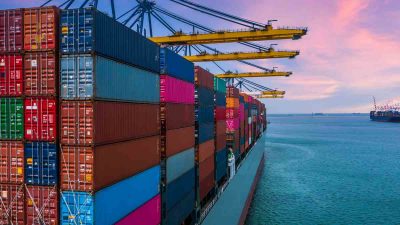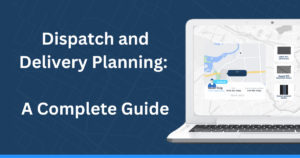US mass market retailer Target is experiencing disruptions in supply due to shipments from India and Pakistan affected by the Red Sea crisis. Reuters is quoting a source who says it’s ‘minor’ for now.
Shipments have been arriving late, leaving some shelves without new stock. This is reportedly to do with the extended transit times that vessel operators are seeing. According to the source, Merchandise is being redirected around the Suez Canal.
The conflict in the Red Sea is still disrupting trade in one of the world’s busiest shipping routes. A longer route must be sailed to make the trips safer, adding half a month in transit.
The conflict is linked to Yemen’s action to force Israel to stop taking action against Gaza. The impact has critical implications on the supply chain and logistics industry.
More shops potentially affected
Ikea warned before Christmas that the global disruption caused by the attacks in the Red Sea could delay deliveries and affect the availability of products.
The Guardian reports that Ikea is sending ships through the longer route, but a safer one. Oil company BP and sea freight firms Maersk and Evergreen are among those who have suspended operations where it’s unsafe.
Maersk states that vessels have been diverted “for safety reasons.” It also notes that future services will also undergo a security evaluation to determine necessary contingencies.
Ikea told the newspaper: “The situation in the Suez Canal will result in delays and may cause availability constraints for certain Ikea products. We are in close dialogue with our transportation partners to ensure the safety of people working in the Ikea value chain and to take all the necessary precautions to keep them safe.”
Financial impact
Locate2u News reported earlier this month that the detour around Africa’s Cape of Good Hope is approximately 40% longer and could result in delays of up to half a month. Congestion at destination ports may further delay some vessels.
Roughly 30% of global container traffic flows through the Red Sea. It handles key shipments such as Europe’s energy supply, palm oil, and grain.
The detours will inevitably push freight costs, leaving a ripple effect on carriers. Carriers could increase their prices by up to 20% to compensate for their losses, according to estimates.
About the author
Mia is a multi-award-winning journalist. She has more than 14 years of experience in mainstream media. She's covered many historic moments that happened in Africa and internationally. She has a strong focus on human interest stories, to bring her readers and viewers closer to the topics at hand.












